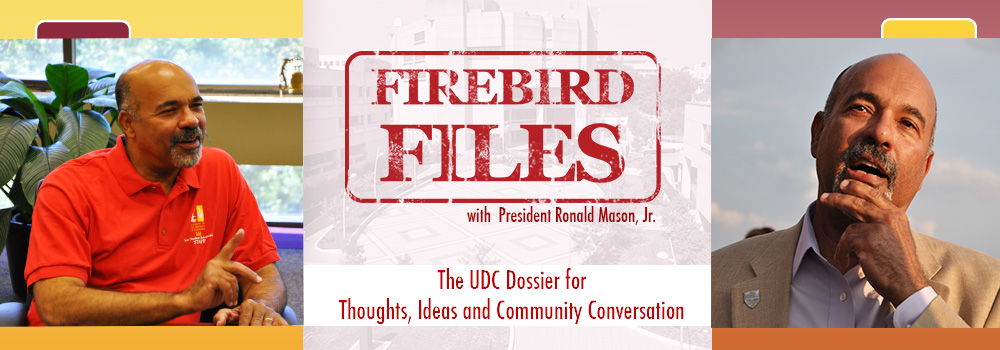America in Black and White Part III – Aspirational America

America in Black and White Part III – Aspirational America
When leaders of the British colonies grew weary of being oppressed by their motherland, they called upon the “Laws of Nature and of Nature’s God,” and vowed to revolt. In 1776, they wrote a Declaration of Independence. In that document they laid out principles for a new kind of nation, one of enlightened self-interest. For the first time in history, a nation would be founded and based on the self-evident truths that “all men are created equal, that they are endowed by their Creator with certain unalienable Rights . . . Life, Liberty, and the Pursuit of Happiness.”
It is that vision of America from the Declaration of Independence that we celebrate, sing about, and fight for: the “land of the free and the home of the brave,” whose good is “crowned with brotherhood.” We pledge to be “one nation, under God, indivisible, with liberty and justice for all.”
A little more than a decade later, however, the Constitution, the business charter for the nation, would bring about a set of very different realities. The United States that the Founding Fathers established near the end of the Revolutionary War turned out to be quite different from the initial vision they had for a nation free from Britain. The war had been fought over money and profits, and the new nation ended up being based on ways to maximize them. The U.S. became, in effect, the next generation of the Britain it had just rebelled against. Like other nations, it determined that the role of the government would be to facilitate the generation of private wealth, that the wealth would be concentrated in the hands of a few at the expense of the many, and that the wealthy few would be white. That remains the America in which we live.
One of the men who signed the Declaration of Independence, which proclaimed that “all men are created equal,” proceeded to broker the “three-fifths compromise,” which embedded chattel slavery in the Constitution. While the Declaration professed “unalienable rights” of human beings, the Constitution protected property rights. People’s rights would have to wait several years until hard-fought battles were won to amend the Constitution with the Bill of Rights. And even then, of course, not all people’s rights were guaranteed.
While the Laws of Nature and Nature’s God helped inspire the Declaration of Independence, they are absent from the Constitution. Church and State are kept separate in our nation. But the Nature’s God that Jefferson wrote of is not to be found only in church or only on Sundays. It is the God who daily prescribes our morals and ethics and enables us to live according to the best Laws of Nature.
Perhaps the Constitution’s framers didn’t want such basic values to interfere with the new nation’s business and ambitions, or its system of slavery and sense of Manifest Destiny. Apartheid, mass incarceration, global warming, accelerating greed, ever-growing wealth gaps, and perpetual armed conflict would follow. Could any God be asked to shed His grace on that?
I celebrate, sing about, fight for and pledge allegiance to Aspirational America, the America that inspires hope in a better world. It is a land of many lands and a people of many peoples, characterized by the championing of truth, justice, and the freedom to reach one’s highest potential. However, as we have noted in Parts I and II, it is not real. Divisions of race, class and beliefs stand in the way. When the time came for our Founding Fathers to deliver on their broad hopeful vision, they opted instead, as Thomas Jefferson noted years later, for slavery- based wealth controlled by a few white people. In his words, they chose self-preservation over justice. That decision did not work for most Americans more than 200 years ago, and as the wealth gap continues to grow, it is working for fewer and fewer of us each day.
The Laws of Nature and Nature’s God are not complicated. However, they are difficult to follow in a world governed by man-made laws and man-made gods. Our unfinished work is to answer the call of Aspirational America. Charting that path forward will be the subject of Part IV.